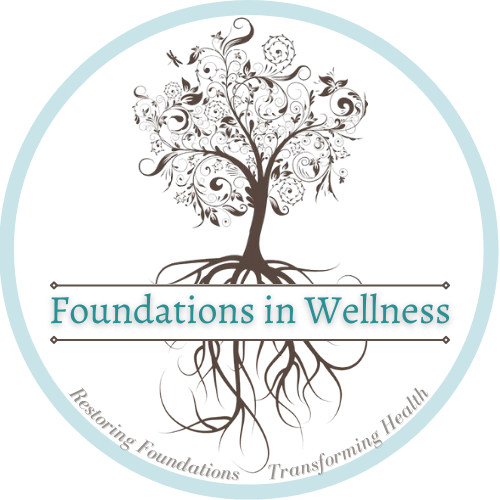Introduction
Every day, we consume products that we believe are beneficial or at least harmless to our health. Unfortunately, many common items such as toothpaste, artificial sweeteners, sugar, cereal, and even fruit juice contain hidden toxins that can adversely affect our health. Understanding these hidden dangers is essential for making informed decisions about what we consume and how we can protect our health (Smith et al., 2021).
The Unseen Risks in Daily Products
Toothpaste: The Hidden Dangers
Toothpaste is a staple in daily hygiene routines, yet many of us are unaware of the potentially harmful substances it contains. Common ingredients like fluoride, sodium lauryl sulfate, and various artificial sweeteners such as saccharine and aspartame, are included in many toothpaste formulas. Despite their widespread use, these chemicals have been linked to a range of health issues from minor skin irritations to more serious conditions such as hormone disruptions and even chronic health issues (Johnson & Lee, 2022).
Choosing Natural Alternatives:
Switching to natural toothpaste alternatives can reduce exposure to these harmful chemicals. Products free from fluoride and sodium lauryl sulfate, and sweetened naturally, offer a safer approach to oral hygiene without compromising on effectiveness (Williams et al., 2023).
Artificial Sweeteners: Sweet with a Price
Artificial sweeteners like aspartame, saccharin, and sucralose are common in diet sodas and other low-calorie products. These substances are intended to provide a sweet taste without the calories associated with sugar. However, they come with their own health risks. Studies have linked artificial sweeteners to negative effects such as headaches, dizziness, and digestive issues. More severe implications include potential links to diseases like leukemia and lymphoma due to the breakdown products of these sweeteners, which include known carcinogens like formaldehyde (Davis & Khan, 2022).
Natural Sweetening Options:
For those looking to avoid these risks, natural sweeteners such as stevia, honey, and maple syrup provide safer alternatives. They are less processed and free from the chemicals that characterize their artificial counterparts (Martinez & Brown, 2021).
Sugar: The Bitter Truth Behind Sweetness
The consumption of sugar, particularly in its processed forms like high fructose corn syrup, is a major health concern. Hidden sugars contribute to an array of health issues including obesity, heart disease, and even behavioral changes due to its addictive nature. Sugar is not only present in obvious items like candies and desserts but is also a common ingredient in less expected products like ketchup, salad dressings, and bread (Thompson & Harris, 2021).
Reducing Sugar Intake:
Reading labels carefully and choosing products with no added sugars can significantly reduce sugar intake. Additionally, incorporating more whole foods into the diet and using natural sweeteners can help avoid the hidden sugars in processed foods (Green & Patel, 2022).
Cereal: Not Always the Healthy Breakfast Choice
Cereals are often marketed as a nutritious start to the day but many contain high levels of sugar, artificial flavors, and preservatives. Additionally, residues of glyphosate, a common agricultural herbicide, have been found in several popular brands. Exposure to glyphosate has been linked to a range of health issues including liver damage and reproductive problems (Clark et al., 2023).
Choosing Healthier Breakfast Options:
Opting for cereals that are organic and free from artificial additives is a safer choice. Alternatively, breakfasts made from whole foods such as oats, fruits, and nuts provide nutrients without the unwanted chemicals (Roberts & Johnson, 2023).
Fruit Juice: A Sugary Mistake
While fruit juice is often perceived as healthy, it can be just as harmful as sugary soft drinks. Fruit juices not only lack the fiber found in whole fruits but are often loaded with added sugars and can contain toxins from pesticides if the fruits are not properly washed or organically sourced. The high sugar content of fruit juices can contribute to weight gain and other metabolic disorders (Davis & Thompson, 2022).
Opting for Whole Fruits:
Consuming whole fruits instead of juice provides the body with necessary fiber and reduces sugar intake, offering a fuller range of nutrients without the additives found in packaged juices.
Conclusion
Many products marketed as healthy or harmless may contain substances that are detrimental to our health. By becoming aware of these hidden toxins, reading labels carefully, and choosing natural and organic alternatives, we can significantly reduce our exposure to harmful chemicals and promote better health. It is vital to advocate for transparency in product labeling and support regulations that prioritize consumer health over industrial convenience. As consumers, making educated choices about our consumption habits is key to safeguarding our health in a world rife with hidden toxins.


